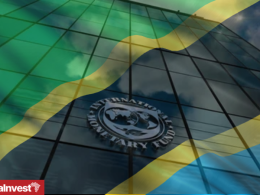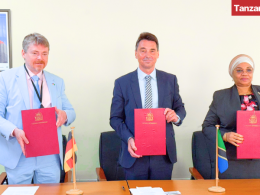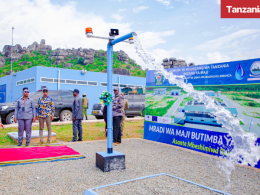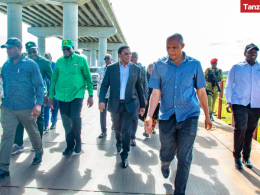The Tanzania National Bureau of Statistics (NBS) recently released its latest High Frequency Data for the end of December 2021 showing that the national production of cement reached 6.5 million tonnes.
This is 16.51% more than the 5.6 million tonnes produced in 2020 and the estimated local demand (including exports) of 5.9 million tonnes in the same year.
Danford Semwenda, commercial manager of Tanzania Portland Cement Company (TPCC), Tanzania’s largest cement producer, said the increase in cement production was largely the result of increased investment.
Tanzania has an installed capacity of about 11 million tonnes a year, and the excess supply allowed TPCC to export nearly 400,000 tonnes to neighboring countries such as Burundi, Rwanda, and the Democratic Republic of Congo.










